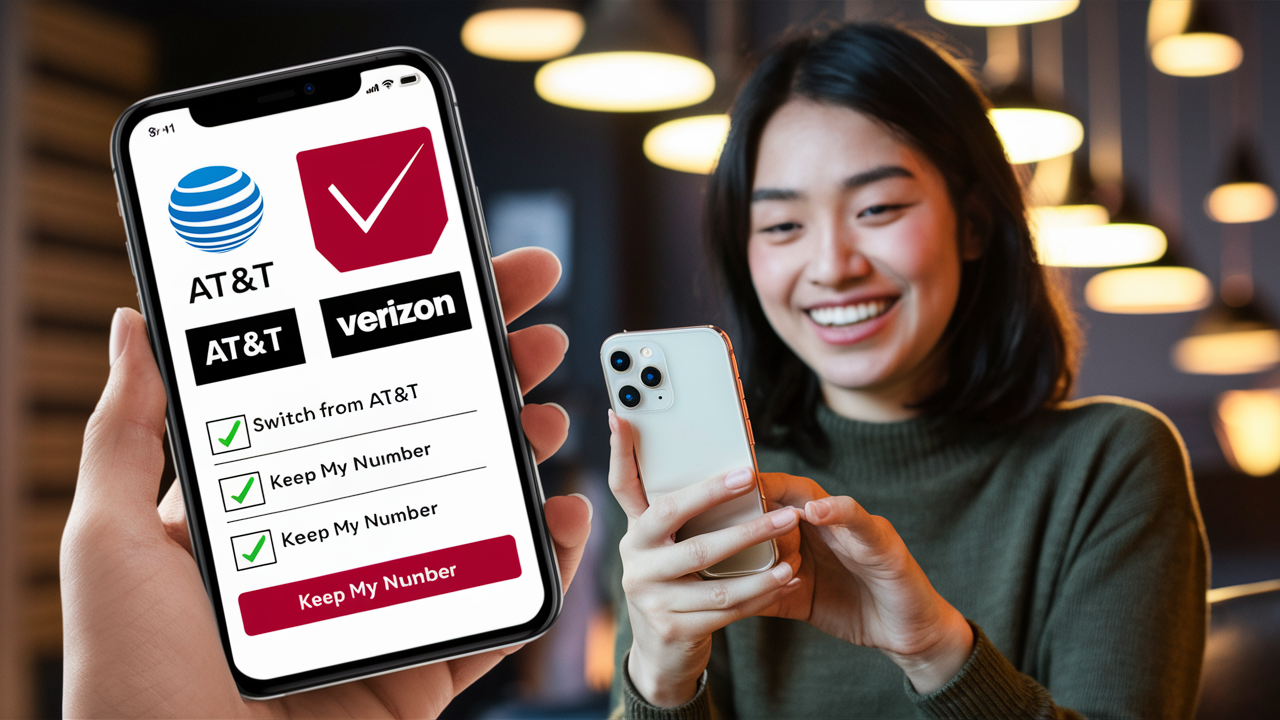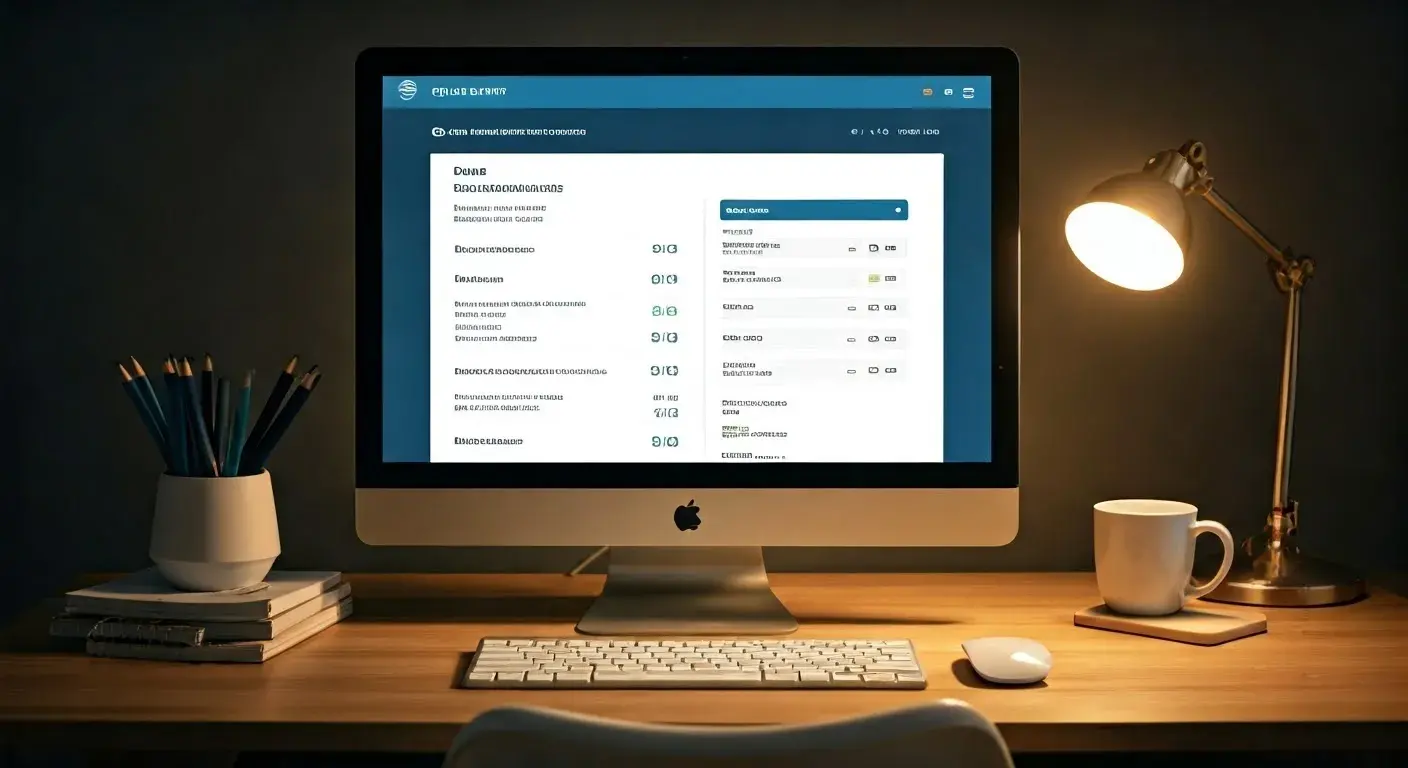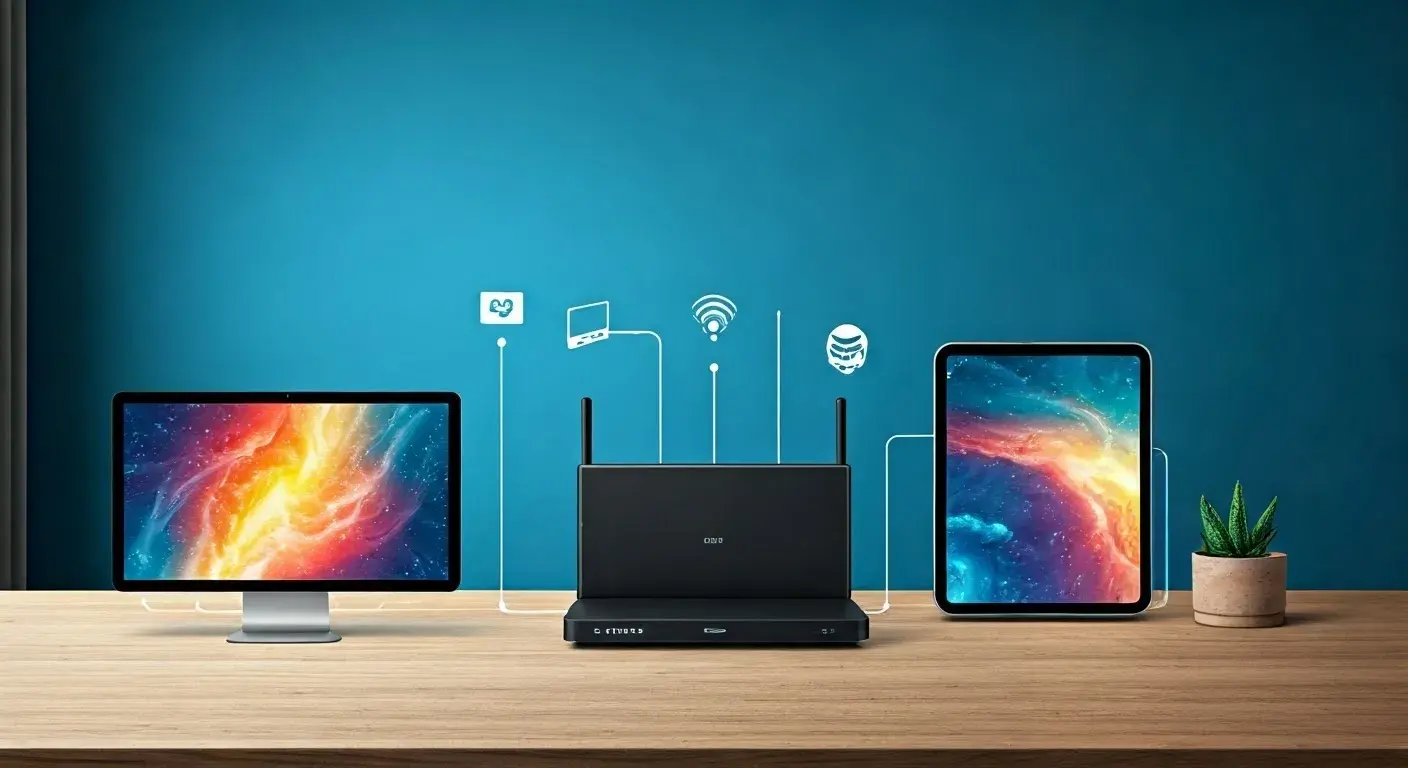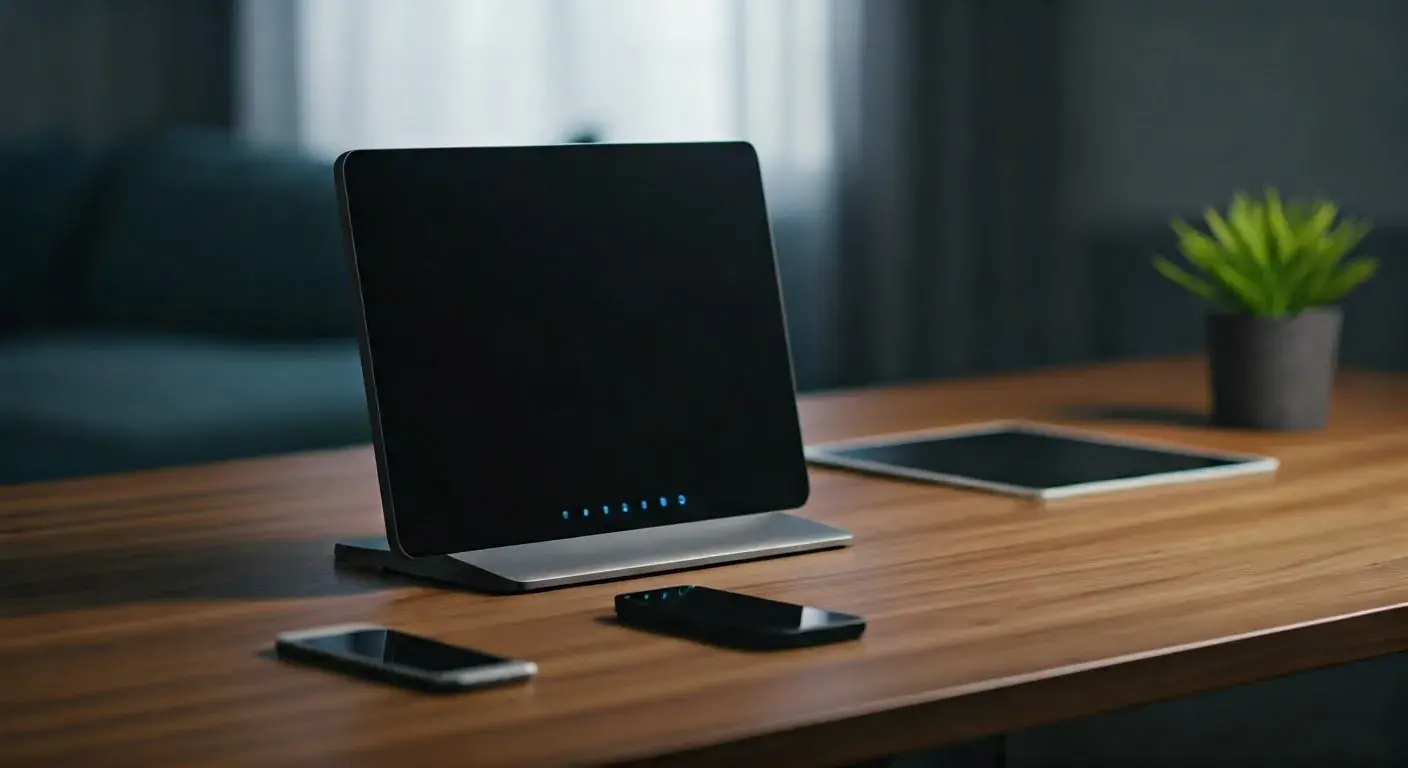Can I switch from AT&T to Verizon and keep my number?

Yes, you absolutely can switch from AT&T to Verizon and keep your phone number. The process, known as number porting, is a standard industry practice designed to make switching carriers seamless. This guide will walk you through everything you need to know to ensure a smooth transition.
Understanding Number Porting: The Core Concept
The ability to keep your existing phone number when changing carriers is a fundamental right granted by the Federal Communications Commission (FCC) in the United States. This process is known as number porting. It's a complex but generally reliable system that allows your number to be transferred from your old service provider (in this case, AT&T) to your new one (Verizon). Essentially, your number is an electronic address, and number porting is the process of updating the routing information in the telecommunications network to direct calls and texts destined for your number to Verizon's network instead of AT&T's. This ensures that your contacts can reach you without needing to update their address books, minimizing disruption and maintaining continuity.
Why Switch from AT&T to Verizon? Key Considerations for 2025
The decision to switch mobile carriers is significant, involving network performance, cost, customer service, and device options. For those considering moving from AT&T to Verizon in 2025, understanding the nuances of each provider's offerings is crucial. While both are major players with extensive networks, their strengths and weaknesses can vary by region and individual needs. Here’s a breakdown of key factors to consider:
Network Coverage and Performance
Network coverage is often the primary driver for switching carriers. In 2025, both AT&T and Verizon boast expansive 4G LTE and 5G networks. However, their performance can differ significantly depending on your specific location. Verizon has historically been lauded for its robust 4G LTE network, often cited as having superior reliability and broader coverage, especially in rural areas. Its 5G network is rapidly expanding, with a mix of low-band (wide coverage) and mid-band (faster speeds) spectrums. AT&T also offers excellent coverage, with a strong 5G presence, particularly in urban and suburban areas. Recent reports and independent network tests in 2025 indicate that while Verizon often maintains a slight edge in overall reliability, AT&T is closing the gap, especially with its 5G rollout. It's essential to check coverage maps for both carriers specifically for your home, workplace, and frequently visited areas. Many independent sites offer detailed coverage comparisons based on real-world data.
2025 Network Snapshot:
- Verizon: Strong reputation for nationwide 4G LTE reliability. Aggressively expanding 5G, with significant mid-band spectrum deployment in key markets for faster speeds. Often considered the go-to for consistent coverage in less populated areas.
- AT&T: Excellent 4G LTE and rapidly growing 5G network. Strong performance in urban and suburban environments. Continues to invest heavily in its 5G infrastructure, aiming for broad nationwide coverage.
To make an informed decision, consider using third-party network testing apps or checking coverage maps from sources like OpenSignal or RootMetrics, which provide detailed, location-specific data.
Pricing, Plans, and Value
Carrier pricing plans are constantly evolving. In 2025, both AT&T and Verizon offer a tiered structure of plans, typically including unlimited data options with varying levels of premium data, hotspot access, and streaming perks. Verizon's unlimited plans, such as Unlimited Plus and Unlimited Ultimate, often come with higher price points but may include more premium features or robust international options. AT&T's Unlimited Premium, Unlimited Extra, and Unlimited Starter plans offer a range of features at different price points. When comparing, it's crucial to look beyond the headline price and consider:
- Premium Data: How much high-speed data is guaranteed before speeds might be throttled during network congestion?
- Hotspot Data: What is the allowance for mobile hotspot usage, and at what speeds?
- Perks and Bundles: Do plans include streaming service subscriptions (e.g., Disney+, Max, Apple TV+), cloud storage, or discounts on other services?
- Multi-line Discounts: Significant savings are often available for adding multiple lines to an account.
- Promotional Offers: Both carriers frequently run promotions for new customers, including device discounts or bill credits.
For example, a typical 2025 comparison might show Verizon's Unlimited Ultimate plan offering unlimited premium data, 60GB of hotspot data, and bundled streaming services for a higher monthly cost than AT&T's Unlimited Premium, which might offer slightly less premium data and hotspot but still include significant perks. The "value" depends heavily on which features are most important to you.
Customer Service and Support
Customer service experiences can be subjective and vary widely. Both AT&T and Verizon have large customer bases, which can lead to long wait times during peak periods. However, many users report consistent experiences with both companies. Verizon often receives praise for its knowledgeable retail store staff and generally responsive online support. AT&T also offers robust online support, a comprehensive app, and a widespread retail presence. When evaluating customer service, consider:
- Availability: Are support channels readily available (phone, chat, in-store)?
- Responsiveness: How quickly are issues typically resolved?
- Problem Resolution: Do representatives effectively address complex issues?
- Online Tools: How user-friendly are their websites and mobile apps for account management?
Reading recent customer reviews and checking satisfaction scores from sources like the American Customer Satisfaction Index (ACSI) can provide a more objective view.
Device Compatibility and Options
If you plan to keep your current phone, ensuring it's compatible with Verizon's network is paramount. Most modern smartphones, especially those released in the last 5-7 years, are designed to be compatible with multiple carriers. However, it's crucial to verify. Verizon operates on a GSM/CDMA/LTE/5G network, while AT&T primarily uses GSM/LTE/5G. Most unlocked phones sold in the US today will work on both. If you're considering a new device, both carriers offer a wide selection of the latest smartphones, often with attractive financing deals or trade-in offers. In 2025, expect to see continued emphasis on 5G device capabilities and foldable phones.
Preparing for Your AT&T to Verizon Number Port
Successfully porting your number requires careful preparation. Skipping these steps can lead to delays or complications. Here’s what you need to do before initiating the transfer:
Check Your Account Status with AT&T
Before you can port your number, your AT&T account must be active and in good standing. If your account is suspended or has a past-due balance, the porting process may fail. Ensure all bills are paid up to date. If you are on a family plan or have multiple lines, confirm that the line you wish to port is indeed active and not scheduled for disconnection.
Gather Necessary Information
Verizon will need specific details from your AT&T account to authorize the port. This information typically includes:
- Your AT&T Account Number: This is usually found on your monthly bill or by logging into your AT&T online account.
- The Number You Wish to Port: Clearly identify the phone number(s) you are transferring.
- Your AT&T Account PIN or Password: This is a security measure to verify your identity and authorize the transfer. It's crucial to have the correct PIN or password. If you don't know it, you'll need to contact AT&T customer service to retrieve or reset it.
- Billing Address Associated with Your AT&T Account: This is often used for verification purposes.
Having all this information readily available will significantly speed up the porting process when you speak with a Verizon representative.
Unlock Your Phone (If Necessary)
If you plan to use your existing AT&T phone with Verizon, it must be unlocked. A locked phone is tied to a specific carrier's network. If your phone is still under contract with AT&T or hasn't met their unlocking requirements (e.g., active for a certain period, no outstanding balance), you may need to request an unlock from AT&T. Most carriers have online portals or customer service lines to assist with this. Once unlocked, the phone should be compatible with any carrier's network, provided it supports the necessary network bands.
To check if your phone is unlocked:
- Insert a SIM card from a different carrier (if you have one). If it works, your phone is likely unlocked.
- Check your phone's settings. On Android, this might be under "Network & Internet" > "SIMs" or "Mobile Network." On iPhone, it's under "Settings" > "General" > "About." Look for an "Carrier Lock" or "Network Provider Lock" status.
If your phone is locked, contact AT&T customer service to initiate the unlocking process. Be aware that AT&T has specific unlocking eligibility requirements that must be met.
Understand Contract Obligations and Early Termination Fees
If you are still under a contract with AT&T, switching carriers before the contract term ends may incur an Early Termination Fee (ETF). Check your AT&T contract details or contact customer service to understand your obligations and the potential cost of breaking your contract. Some promotions or device payment plans might also have outstanding balances that need to be settled. Verizon sometimes offers incentives to cover ETF costs for new customers, so it's worth inquiring about these during your switch.
The Number Porting Process: Step-by-Step Guide
Once you've prepared your AT&T account and gathered the necessary information, you're ready to initiate the porting process with Verizon. While the exact steps might vary slightly depending on whether you're signing up online, in-store, or over the phone, the core procedure remains consistent.
Step 1: Initiate Port Request with Verizon
The first step is to begin the process of becoming a Verizon customer. This can be done online through the Verizon website, by visiting a Verizon retail store, or by calling Verizon's sales or customer service line. When you are signing up for a new service or transferring an existing line to Verizon, you will indicate that you wish to "port in" your existing phone number rather than getting a new one.
Step 2: Provide Account Details
During the sign-up process, Verizon will prompt you for the information you gathered earlier: your AT&T account number, the phone number to be ported, your AT&T account PIN or password, and your billing address. It is absolutely critical that this information is accurate. Even a single incorrect digit in the account number or an incorrect PIN can cause the porting request to be rejected by AT&T.
Step 3: Verizon Contacts AT&T
Once Verizon has your information, they will submit a formal request to AT&T to release your number. This is an automated process managed by the Number Portability Administration Center (NPAC), which acts as a clearinghouse for number transfers. AT&T will then verify the information provided by Verizon. If everything matches, AT&T will approve the release of your number.
Step 4: Number Transfer Completion
The actual transfer of your number typically takes anywhere from a few hours to 24-48 hours, although in rare cases it can take longer. During this time, your AT&T service will remain active. You will usually receive a notification from Verizon once the porting process is complete. You may experience a brief period of service interruption (often just a few minutes) as your number switches over to the Verizon network. It's advisable to perform this transfer when you anticipate minimal need for your phone, such as overnight or during a weekend.
Step 5: Activate New Verizon Service
Once the number port is confirmed, you will need to activate your new Verizon service. If you received a new SIM card from Verizon, you'll insert it into your phone. You may then need to go through an activation process on Verizon's website or app. If you are using your existing unlocked phone, ensure it's ready to go. After activation, your old AT&T SIM card will no longer work, and your number will be active on Verizon.
Common Issues and Troubleshooting During Porting
While number porting is generally smooth, issues can arise. Knowing common problems and how to address them can save you time and frustration.
Number Not Porting Correctly
Symptom: Your old number isn't working, or calls are still going to AT&T.
Cause: Incorrect account information provided to Verizon, or AT&T rejected the port request.
Solution: Contact Verizon's porting department immediately. They can check the status of the port request and identify the reason for failure. You may need to re-submit the request with corrected information.
Porting Delays
Symptom: The transfer is taking longer than the expected 24-48 hours.
Cause: High volume of ports, incorrect information that requires correction and re-submission, or issues with the NPAC system.
Solution: Be patient, but don't hesitate to follow up with Verizon. They can often provide updates on the status and expedite the process if possible. Ensure your AT&T account is active and all information is correct.
Incorrect Account Information
Symptom: Porting request rejected by AT&T.
Cause: Typos in account number, incorrect PIN, or wrong billing address.
Solution: Double-check all details with your latest AT&T bill or by contacting AT&T directly. Once corrected, provide the accurate information to Verizon to restart the porting process.
Service Interruption
Symptom: No service on either AT&T or Verizon during the transition.
Cause: This can happen if AT&T deactivates your line before the port is complete, or if there's a significant delay in activation on Verizon's end.
Solution: Contact Verizon support immediately. They can often re-route the port or expedite activation. It’s best to initiate the port at a time when you can afford a brief outage, like overnight.
Keeping Your Phone vs. Getting a New One
One of the major decisions when switching carriers is whether to keep your current device or upgrade. Both options have their pros and cons.
Compatibility Checks
As mentioned, ensuring your current AT&T phone is unlocked is the first step. Beyond that, verify that your phone supports Verizon's network bands, especially for 5G. Most modern smartphones (iPhone 12 and later, Samsung Galaxy S20 and later, Google Pixel 5 and later) are designed with global compatibility in mind and should work well. Verizon provides a BYOD (Bring Your Own Device) checker on their website where you can enter your phone's IMEI number to confirm compatibility.
Bring Your Own Device (BYOD) Incentives
In 2025, carriers continue to offer incentives for customers who bring their own devices. These can include bill credits, free activation, or discounts on accessories. BYOD is often the most cost-effective way to switch, as you avoid the upfront cost of a new phone and potentially ongoing monthly device payments. However, ensure your current device meets your needs and has good battery life and performance.
Verizon Device Offers in 2025
If you decide to get a new phone, Verizon typically has competitive offers. These often include:
- Trade-in Deals: Significant discounts on new devices when you trade in an eligible older phone.
- New Line Activation Bonuses: Special offers for adding a new line of service.
- Bundled Deals: Discounts when purchasing a phone and signing up for a specific unlimited plan.
- Installment Plans: Allowing you to pay for a new phone over 24 or 36 months with 0% APR.
Always compare these offers carefully against the cost of buying a phone outright or bringing your own device. Sometimes, the "free" phone offer comes with a commitment to a more expensive plan or a long-term device payment contract.
Porting Multiple Lines or Business Accounts
Porting multiple lines follows the same fundamental process but requires careful coordination. When initiating the port with Verizon, you'll need to provide the account number and PIN for the AT&T account that holds all the numbers you wish to transfer. You'll also specify each individual number to be ported. Verizon typically has dedicated teams or processes for handling multi-line transfers to ensure accuracy. For business accounts, the process can be more complex, often involving a dedicated business account manager at Verizon and specific authorization forms to ensure the business owner or authorized representative is approving the transfer of numbers associated with the company.
Transitioning to Verizon: Tips for a Smooth Experience
To ensure your switch from AT&T to Verizon is as seamless as possible, consider these additional tips:
- Read All Agreements: Before signing up with Verizon, carefully read their terms of service, plan details, and any promotional offers. Understand what is included and any potential hidden fees.
- Keep Your AT&T SIM Card Active: Do not cancel your AT&T service before the number port is fully complete. Your AT&T SIM card will remain active until the porting process is finalized.
- Back Up Your Phone: Before starting the port, back up all data on your current phone (contacts, photos, messages, apps). While the number port itself doesn't affect your phone's data, it's always good practice before any significant service change.
- Be Patient: Number porting, while usually quick, can sometimes take longer than expected. Stay in communication with Verizon and be patient during the process.
- Test Your Service: Once your number is active on Verizon, make a few test calls and send texts to ensure everything is working correctly.
- Update Voicemail: After the port, you'll need to set up your new voicemail greeting on Verizon.
- Check for Promotions: Always ask about current Verizon promotions for new customers, especially those switching from AT&T.
Conclusion: Making the Switch with Confidence
The question "Can I switch from AT&T to Verizon and keep my number?" has a resounding "yes." The number porting process is a well-established mechanism designed to facilitate carrier changes without the loss of your vital contact information. By understanding the steps involved, preparing your AT&T account meticulously, gathering the correct information, and choosing the right time to initiate the transfer, you can navigate this transition smoothly. Weighing the network coverage, plan options, device compatibility, and customer service of both carriers is essential for making an informed decision that best suits your needs in 2025. With proper planning and attention to detail, you can successfully switch from AT&T to Verizon, keeping your cherished phone number and enjoying the benefits of a new network experience.





